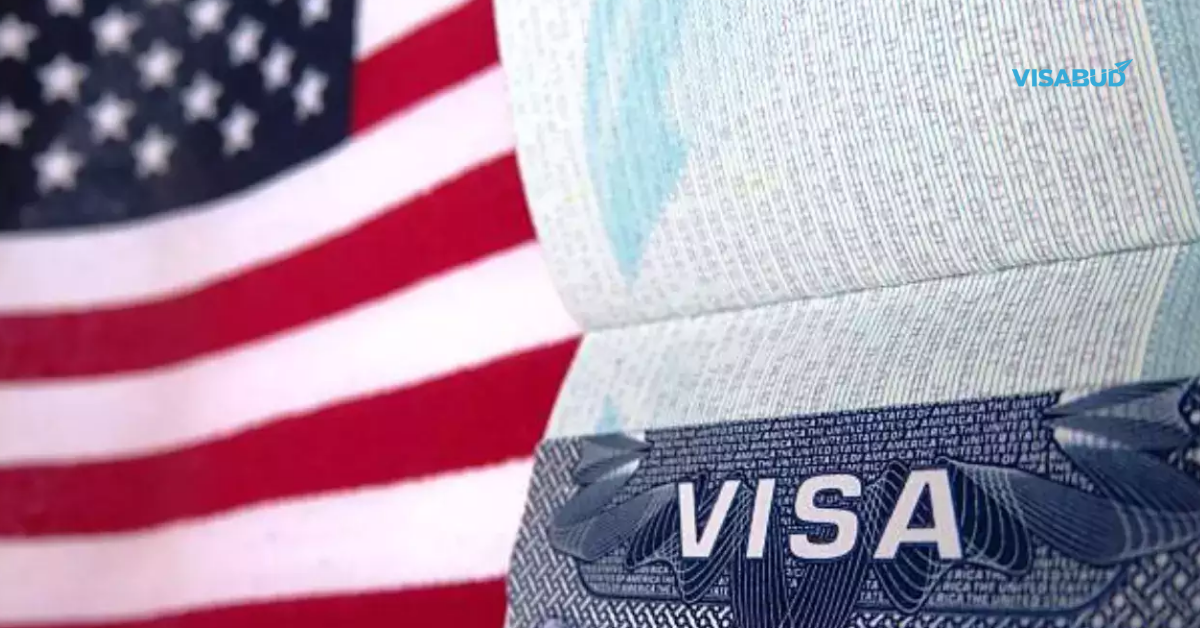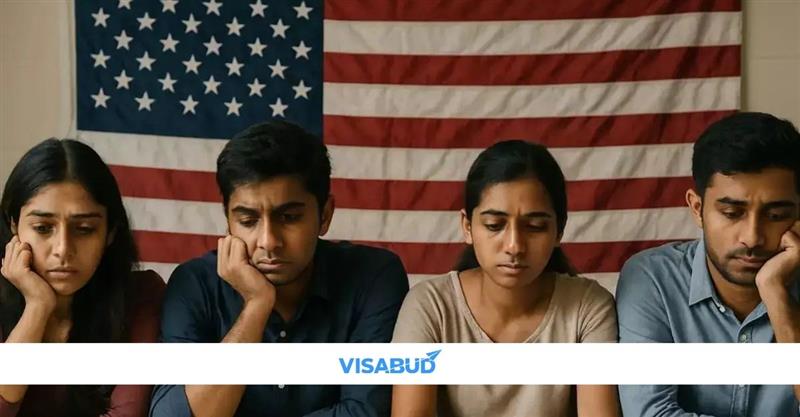A U.S. federal judge has stepped in to block the deportation of Krish Lal Isserdasani, a 21-year-old Indian student studying at the University of Wisconsin-Madison. This decision temporarily halts the actions of federal immigration authorities during a time of heightened scrutiny and increased cancellations of international student visas.
The ruling was delivered on April 15 by Judge William Conley of the Western District of Wisconsin, as reported by the Milwaukee Journal Sentinel. The judge’s order stops the Department of Homeland Security (DHS) from detaining or deporting Isserdasani and from officially revoking his F-1 student visa, which had been unexpectedly terminated earlier in the month.
Isserdasani, a final-year computer engineering student, was preparing to graduate in early May. His immigration troubles began after his SEVIS (Student and Exchange Visitor Information System) record was abruptly canceled — without any prior notification, explanation, or opportunity for him to respond.
Attorney Shabnam Lot, who is representing Isserdasani, immediately filed for a temporary restraining order to challenge the action. According to the court documents, Isserdasani “was given no warning, no opportunity to explain or defend himself, and no chance to correct any potential misunderstanding before his SEVIS record was terminated.”
The issue appears to be linked to an incident from November 22, 2024, when Isserdasani was briefly arrested for suspected misdemeanor disorderly conduct following an argument outside a bar. However, Dane County District Attorney Ismael Ozanne chose not to file any charges, and Isserdasani was never summoned to court. He believed the matter had been resolved and had no prior interactions with law enforcement.
Despite that, UW-Madison’s International Student Services Office later emailed him to inform him of his SEVIS termination. The reason given was: “Individual identified in criminal records check and/or has had their VISA revoked.”
In his ruling, Judge Conley emphasized that Isserdasani had not been convicted of any crime, and said there was a “reasonable likelihood of success” in the student’s legal challenge. A preliminary injunction hearing is scheduled for April 28, which could further shape the outcome of the case.
The judge also noted the serious personal and academic consequences Isserdasani faced due to the termination. If deported, he would lose approximately $17,500 in tuition fees and nearly $240,000 in overall educational costs, all while being unable to complete his degree or apply for any post-study work opportunities. The court documents also highlighted the emotional toll on the student, stating that he is now afraid to even leave his apartment, fearing he could be detained without notice.
Attorney Lot welcomed the judge’s decision, calling it a rare victory for international students facing sudden visa issues. “The judge heard us,” she said, expressing relief over the temporary protection granted to her client.
Court records also revealed a concerning trend: at least 57 student visa terminations have occurred at universities across Wisconsin as of mid-April. The federal government has yet to offer a clear explanation for these terminations. In many cases across the country, students have reportedly lost their visas over minor legal incidents or administrative mishaps that, in previous years, might not have led to such severe consequences.
A spokesperson from DHS, identified only as Bruce, declined to comment on the specific reasons behind individual visa terminations, stating: “We don’t go into the rationale for what happens with individual visas. What we can tell you is that the department revokes visas every day to secure our borders and to keep our community safe.”
However, critics argue that such actions are creating an atmosphere of fear and uncertainty for international students. The Presidents’ Alliance on Higher Education and Immigration, an advocacy group, issued a statement condemning the wave of unexplained terminations. They stated, “The government’s actions and rhetoric create an atmosphere of fear, threaten academic freedom, chill free expression, and jeopardize the well-being of noncitizen members of our campus communities.”
The Isserdasani case has now become a flashpoint in the national conversation about the treatment of international students, particularly those from countries like India who make up a significant portion of the U.S. university system. As the legal battle unfolds, it continues to raise serious concerns about due process, visa enforcement transparency, and the broader impact on the global academic community.
Breaking Visa News Delivered Daily by VisaBud



